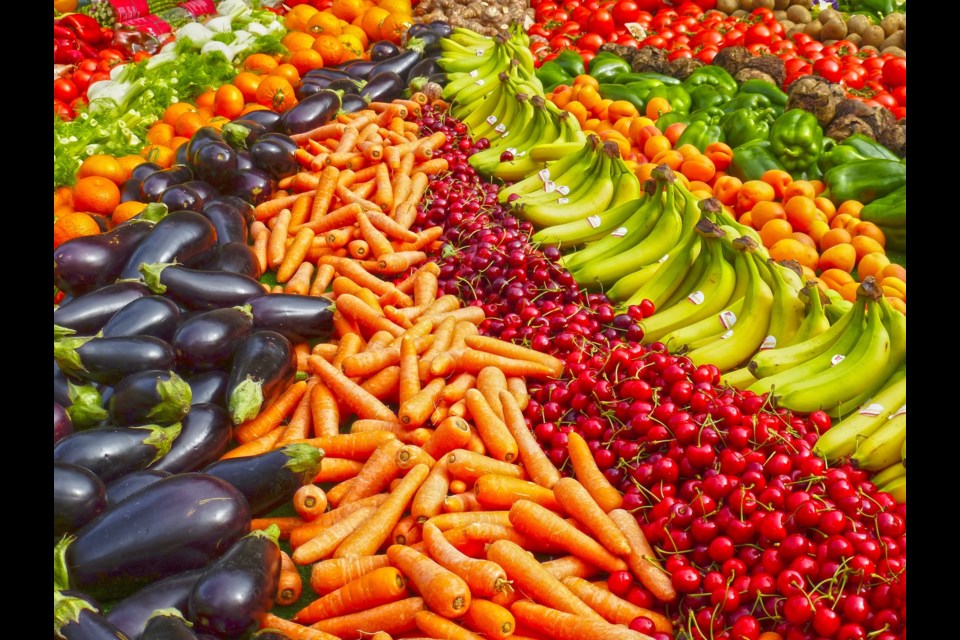Rising costs across the country and limited supplies of lettuce are shifting and changing what consumers are able to buy. The food shortage coupled with the impact of inflation, and the overall price increase in day-to-day living doesn’t seem to be making life easier for many Lakeland residents.
Last week, Connect For Food (CFF), an organization aiming to create local solutions to support food sustainability was an eye-opening experience for me. The event was attended by producers, consumers, and municipal and provincial officials working to find in-house solutions aimed at relying on local production rather than importing many of the goods we’re used to seeing on store shelves, or on our dinner tables. It seems to be a good option.
I think in a time where not only prices but weather, disease and transportation are becoming increasingly impactful on food supplies, CFF’s efforts could definitely provide solutions. But how do we do it? Working together and changing some of our habits were some of the solutions offered by the roughly 20 rural guests who brainstormed ideas.
The event ‘Grow What We Eat, Eat What We Grow’ is a discussion I think many people in Alberta and especially in rural communities need to be having. The topics—like using hydroponic growing for produce, or creating awareness within governments to support local producers—aim to provide solutions to make sure we all have the food that we need.
However, another large discussion is that we may need to think about what produce and meats we are eating during specific seasons. CFF co-founder Perry Phillips, a farmer and agricultural food relationships specialist, offered the notion during the event on Nov. 16 that perhaps we shouldn’t always expect foods like lettuce and avocados to be our first option in the winter months.
I think changing how we behave as consumers when we are buying food could help alleviate demand concerns, but should we be told how to spend our money and what food to eat, and when?
I think it all depends on the relationship you have with food and the behaviour you exhibit when there is a problem. When living in a rural community that doesn’t always have the infrastructure to grow and produce whatever we want to consume, maybe we do need to make adjustments or support making solutions to shortages.
What that change might look like needs input from a larger audience in our communities.



